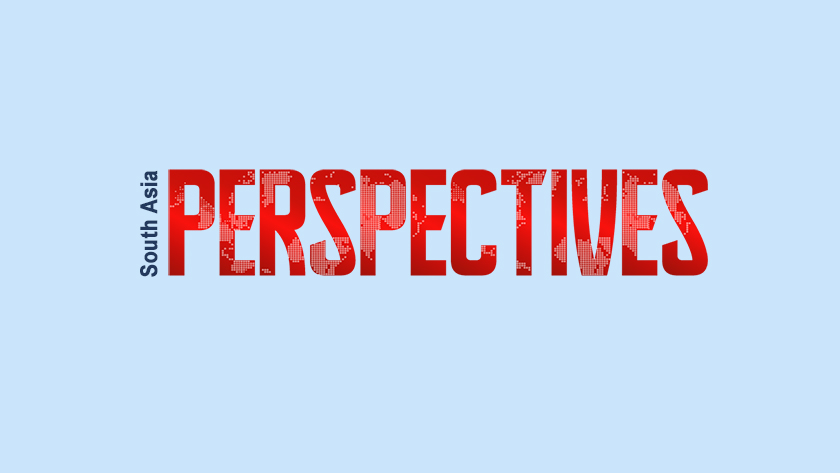In recent months, reports by the U.S. Department of State, Freedom House, the United Nations, and other domestic and international observers have painted a consistently bleak portrait of the state of democracy and human rights in Bangladesh. These reports highlight the shrinking space for political opposition in the run up to national elections, the growing threats faced by traditional and digital media practitioners, and the ongoing gross violations of human rights committed by security forces against the regime’s opponents. Longtime observers of Bangladesh’s human rights scene will certainly recognize patterns that stretch back decades (and in some cases back to the colonial period). Regime defenders will point to similar abuses that took place during previous governments as a way of minimizing the significance of the more recent human rights reports.
Without absolving previous governments in Bangladesh of their responsibility for human rights abuses during their tenures in office, there is something about the current government’s approach that is different, and which informs this analysis. Since its return to office following the 2008 general elections, Prime Minister Sheikh Hasina and her government have embarked upon a long-term strategy of maintaining power at all costs. With elections anticipated within the coming year, it is worthwhile considering the consequences of government actions both over the short and longer terms.
In the past, key institutions in Bangladesh retained a degree of independence that served as a check on the government of the day and shielded the populations from its worst excesses. Since 2008, these key institutions (the higher judiciary, civil service, armed forces, etc.) have lost all vestiges of prior independence, with both recruitment and advancement determined by political loyalty. A once thriving independent media has also found itself under assault, with new restrictions such as the widely condemned Digital Security Act providing the government with additional tools for muzzling critical voices. Meanwhile, Bangladesh’s historically vibrant civil society and non-governmental sector, which played a key role in delivering social services to the poorest and most vulnerable, have also seen their independence challenged by the government. Internal dissent within political parties has been similarly curtailed and cults of personality elevated above ideology. At the same time, the state has enhanced its coercive power, in particular through the acquisition of powerful surveillance technology which security forces effectively use to monitor and target regime opponents.
In the international arena, since 2008 the government has targeted regime opponents living outside the country, in part by punishing family members who stayed behind in Bangladesh. These actions have been highlighted by the U.S. Department of State, the United Nations and others in their recent reports. In response, Prime Minister Hasina and her party leaders have ramped up their criticism of the West while embracing fellow authoritarian governments. For their part, the United States and like-minded countries have signaled their displeasure by excluding Bangladesh from international gatherings of democratic countries. Recent media reporting of torture and extrajudicial killings by Bangladesh’s Rapid Action Battalion have led to renewed calls for international sanctions. Concerns about human rights and the upcoming elections featured prominently in recent discussions between the U.S. Secretary of State and Bangladesh’s Foreign Minister.
Despite this focus, if recent trends continue there is little reason for optimism that the coming general elections will meet international standards of fairness. While the international community and democratic voices within the country should continue to press for actions to improve the chances for free elections, they should also think about the longer-term challenges to Bangladesh’s democracy resulting from developments over the past 15 years. A future democratic Bangladesh will need to reestablish independent institutions, reinforce civil society, rebuild political parties, and restore basic freedoms to its citizens. There will be an important role for Bangladesh’s traditional development partners in helping to strengthen and renew these key institutions. That said, the principal challenge facing those who wish Bangladesh well is how to get from the current bleak reality to a brighter democratic future. Just as internal actors bear ultimate responsibility for the current state of affairs, so too will the solution to Bangladesh’s political gordian knot need to be home grown.

